Holocaust Survivor Helen Farkas’ Speech
February 13, 2017
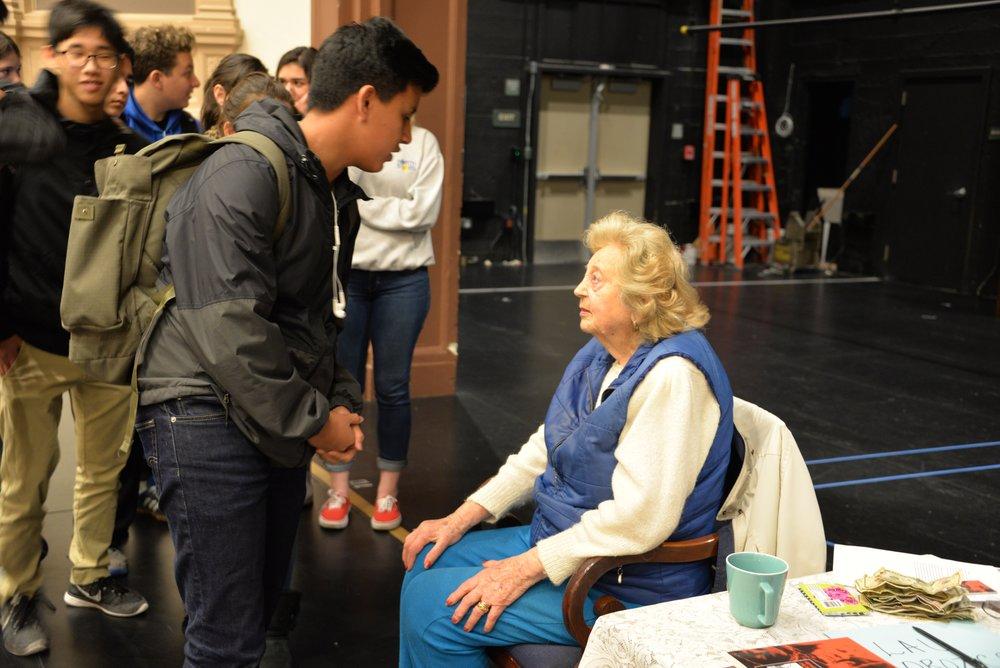 Sophomore Adriel Malagon speaks to Helen Farkas during the Q&A after her speech.
Sophomore Adriel Malagon speaks to Helen Farkas during the Q&A after her speech.
On Wednesday, February 1, Holocaust survivor Helen Farkas gave a moving speech about her survival and escape from Auschwitz-Birkenau, a Nazi concentration camp.
“It’s important that for me to know that the future generation will know my story: so you get some idea about what it was like being a prisoner, being innocent, as a young woman,” said the 97-year-old, expressing her motivation for the speech.
As the number of living Holocaust survivors shrinks every year, Farkas believes that it is becoming more important to spread awareness of the poisonous hate which fueled the genocide, so such an event will never be repeated. The Holocaust was the period from the early 1930s through 1945 in which over six million Jews were systematically murdered by members of the Nazi Party. Farkas’s narrative of her struggle to survive in the midst of such a horrifying tragedy clearly impacted those who attended her talk, as evidenced in the teary faces that silently listened to her words.
Farkas began with a description of the lack of foreign correspondence in pre-war Europe. Citizens of her native Romania were clueless about the slaughter occurring in other parts of the continent. Radios were expensive and not very common. Her father was one of the very few who had access to listen to the Voice of America, a radio show with the purpose of providing coverage of the war. Since the radio broadcast’s descriptions of the treatment of Jews could not be corroborated by any other news facility, it was met with much suspicion by Farkas and the rest of her family.
“The time came when we told him, ‘don’t listen to the Voice of America, it’s all just American propaganda. The world would not allow that men, women, and children would be slaughtered, and would be gassed like rats,” Farkas said.
In particular, she emphasized how freedom of speech was suppressed, which concealed the Nazis’ anti-semitic activities, and made the Voice of America seem like dramatic propaganda.
“Since the newspapers were not allowed to write what they know that’s happening in other countries, we were supposed to know nothing,” Farkas said.
Yet the truth caught up with Farkas’s family and the rest of the Jewish-Romanian population. In 1940, the Hungarians and Germans marched into Romania and thus began the descent into discrimination. Many Jews were fired from their jobs, taken out of school, and all were forced to wear yellow stars. As Jewish people were transported out of Romanian towns to unknown places (which were later found to be ghettos and concentration camps), Farkas remembers that the population was told, “they want to concentrate us because they will need our work. We will be taken to work for the country. We will be taken to factories, and when the war is over, we will go back home. Everything will go back to normal.”
In 1944, the women in Farkas’s family were taken to a ghetto, while the men were taken to labor camps or brought to the war front. Each woman was allowed to carry only eight kilos (about four pounds) of their personal items into the ghetto.
After about three or four weeks, the women of Farkas’s family were transported from the ghetto to what was said to be a factory. In reality, the starving masses of Jews crammed into dirty cattle-cars had been brought to Auschwitz.
At the gates of the camp, people were pushed into two lines. One was headed for the gas chambers. A young Nazi officer at the front determined who would go into each line, often separating whole families.
“He was the one who decided, with a finger and a thumb, life or death,” said Farkas. She later found out that this man was Dr. Josef Mengele, an infamous Nazi doctor who dabbled in human experimentation and eugenics.
Children, elders, and pregnant women were sent to the fatal left line. Farkas and her sister were assigned to the line on the right. Her sister nearly joined the other line since their parents, and her baby had been assigned to the left. Farkas saved her sister’s life by telling her to stay the right. They never saw her baby boy nor their parents again.
The women had their heads shaved, took mandatory showers in cold, tepid water, were tattooed like cattle, and given rags to wear.
“Shoes were not given. So if you did not wear [the ones you brought] out, how long was your life when the winter came? Not very long,” Farkas said.
Farkas and her sister had the task of protecting her niece, a young woman named Irene who had contracted polio as a child and now had a limp. Everyday, they hid from Nazi doctors who would conduct a daily “selection,” where they picked out the weakest laborers and send them to the gas chambers.
According to Farkas, it was imperative to stay together.
“A person alone was already dead because you needed to belong to someone. And they needed to belong to you.”
Farkas, her sister, and her niece escaped on the death march. The emaciated prisoners were marched through German towns with guns pointed at their backs. At night, their only protection from the bitter cold were heavy horse-hides, which they draped over their huddled bodies in the snow. People died from exhaustion, hypothermia, and disease. During a guard change, Farkas, her sister, and her niece escaped.
“Imagine, put yourself into my shoes, and many others…” Farkas said in a low voice. Her story demands empathy for those who survived and can speak for the millions who did not.
A sign hanging in the front of the United States Holocaust Museum states, “Early warning signs of fascism: powerful and continuing nationalism, disdain for human rights, identification of enemies as a unifying cause, supremacy of the military, rampant sexism, controlled mass media, obsession with national security, religion and government intertwined, corporate power protected, labor power suppressed, disdain for intellectuals and the press, obsession with crime and punishment, rampant cronyism and corruption, and fraudulent elections.”
The words of Helen Farkas have made it clear that inaction can only lead to catastrophe. Standing by as others suffer is the same as being the cause of their suffering.
“Just know that we have a country to protect,” Farkas said, “and that job is yours, as you are the future generation.”
For greater detail on Helen Farkas’ story, you can read her book, Remember the Holocaust.

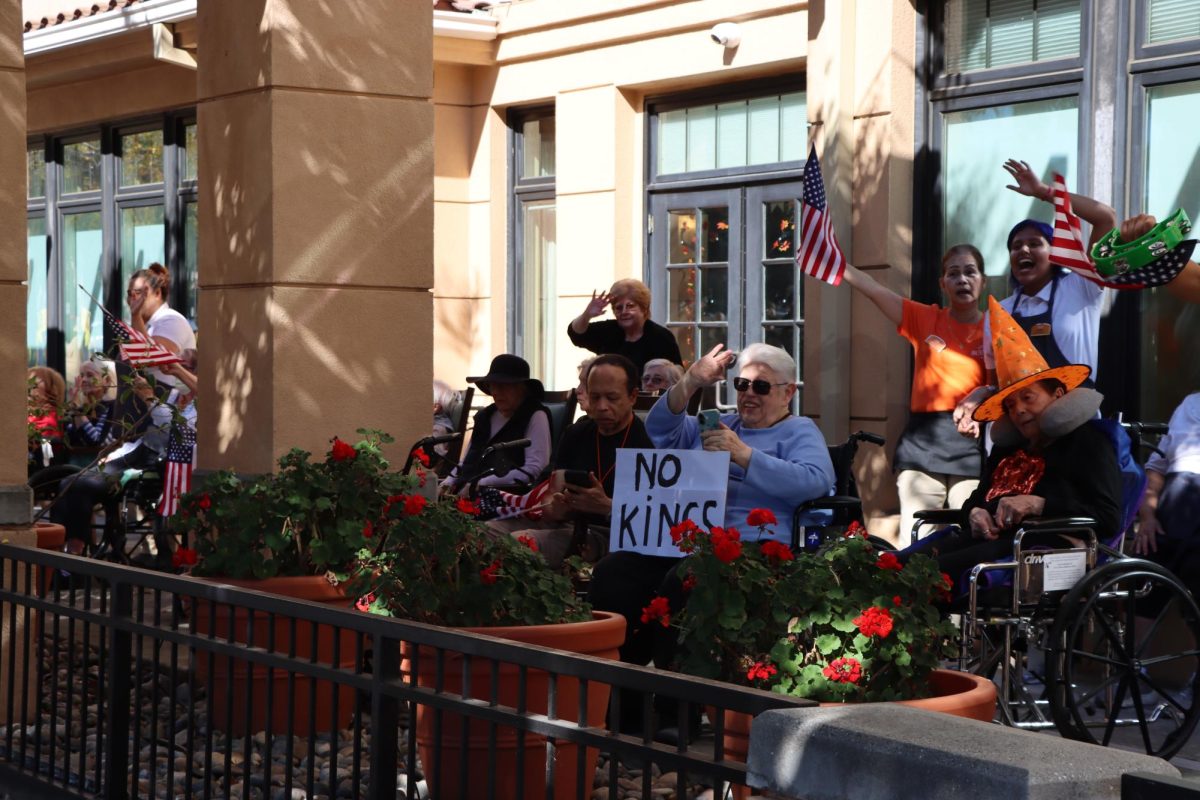




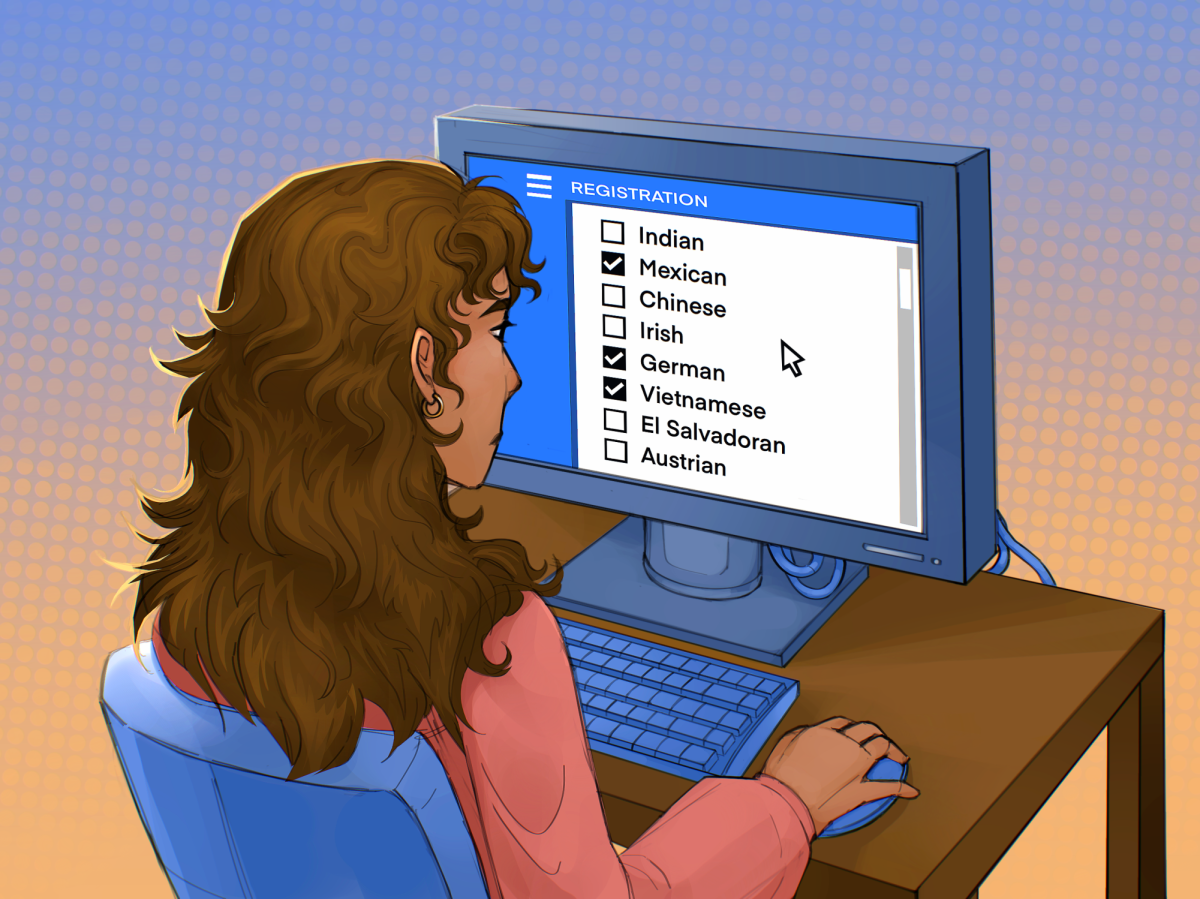
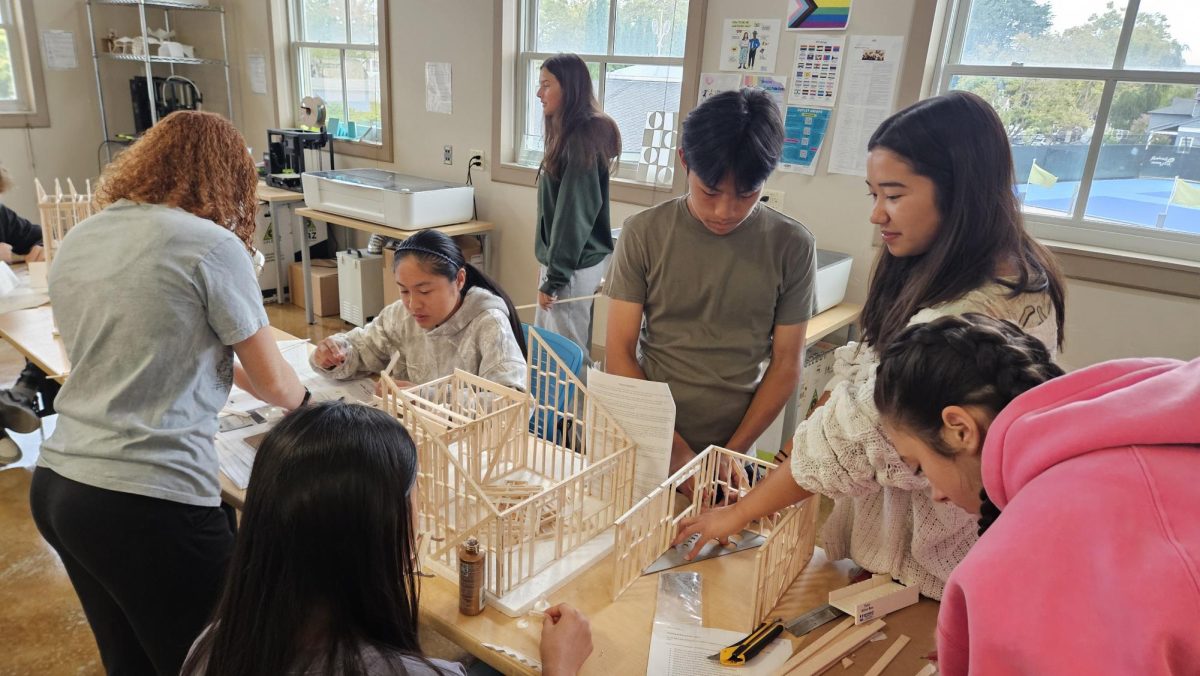


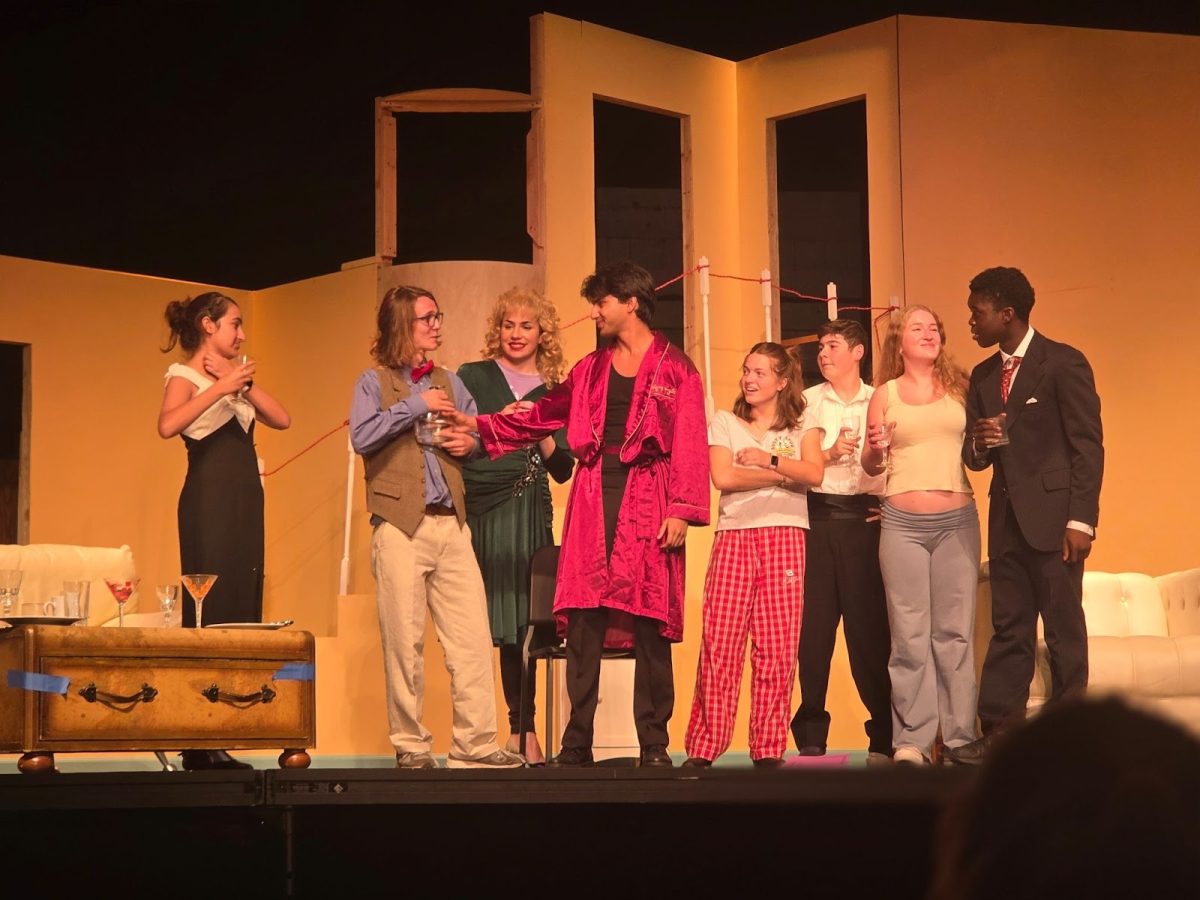
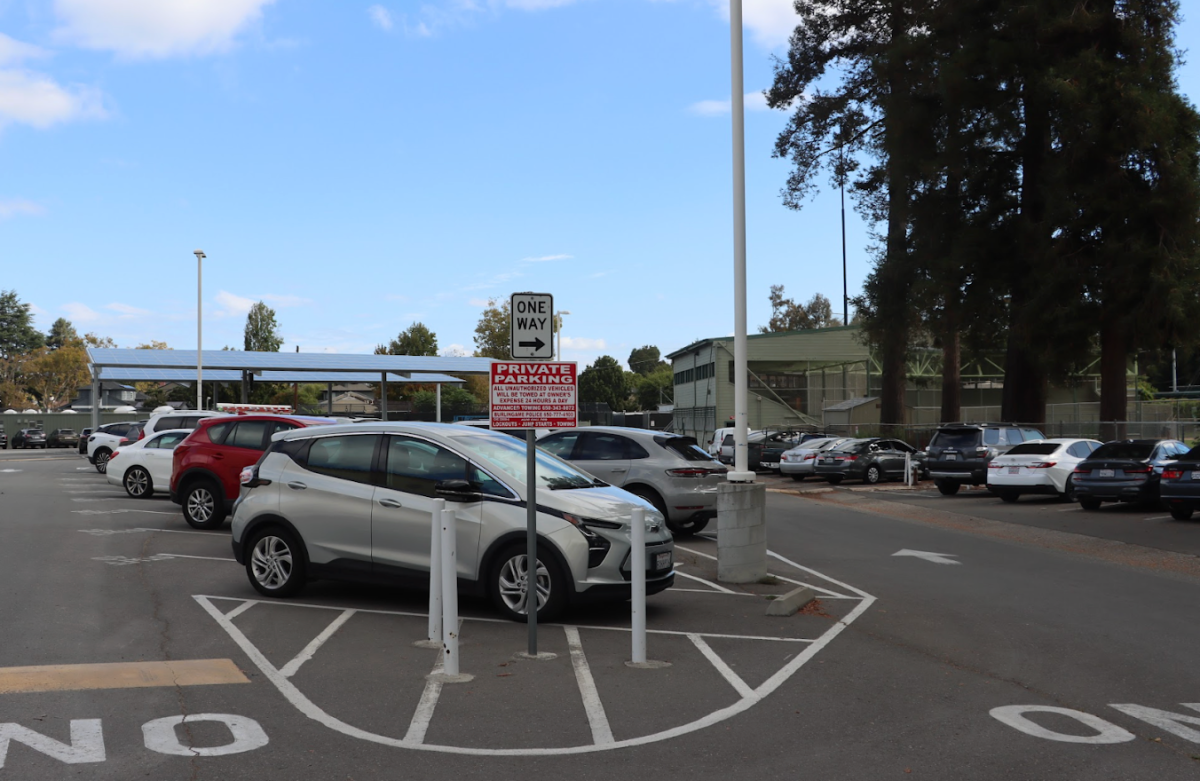























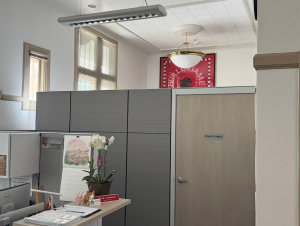
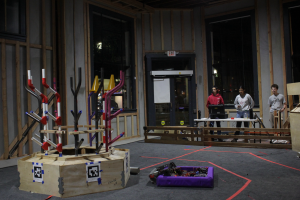
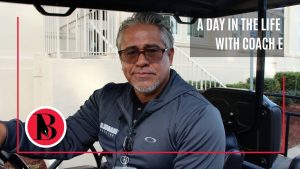
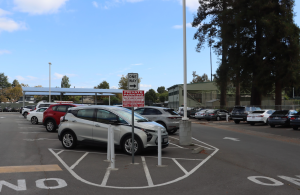

Miles Johnstone • Feb 19, 2020 at 5:14 pm
Is the water cold or tepid???
The people deserve to know!